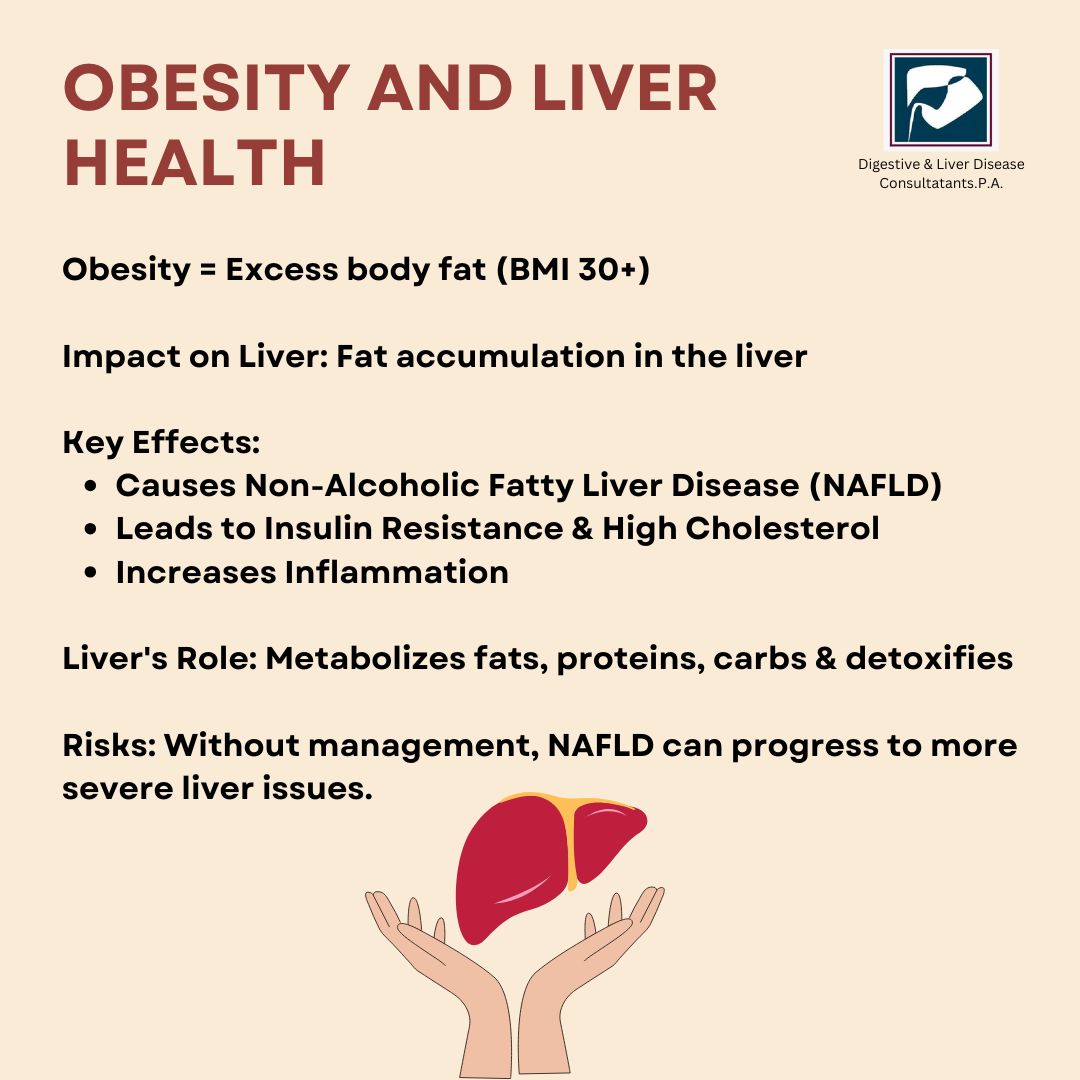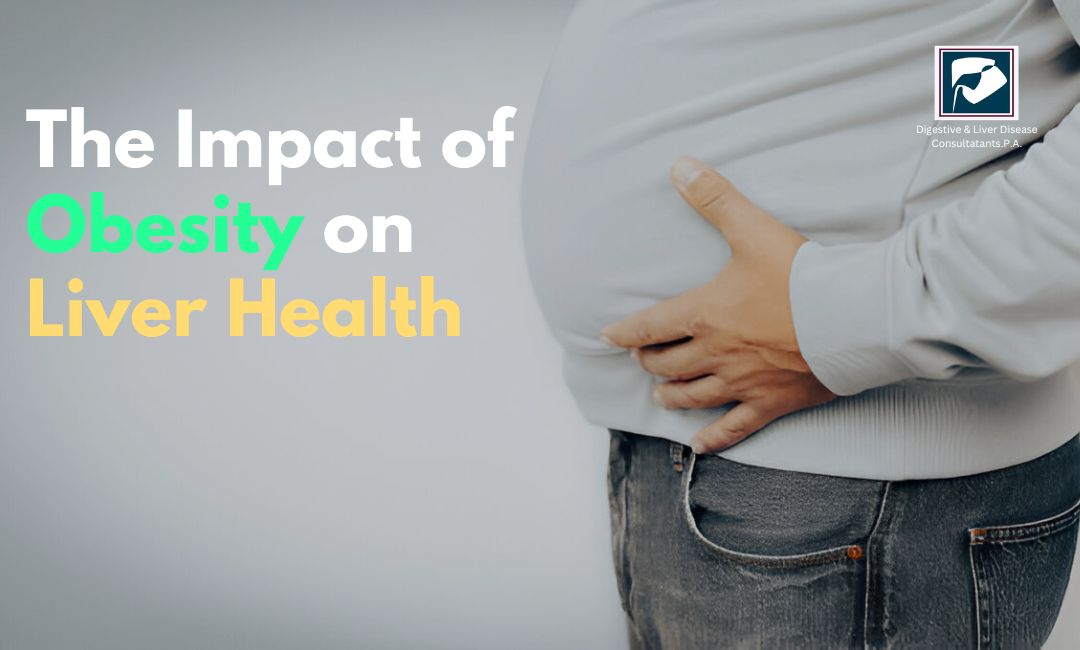Obesity is a growing concern worldwide, not only because of its effect on appearance but also because of its serious impact on overall health. One of the organs most affected by obesity is the liver. Often overlooked, the liver plays a crucial role in digestion, detoxification, and overall metabolic function. When obesity interferes with liver function, it can lead to a range of serious health issues. In this blog, we’ll explore how obesity impacts liver health and what you can do to protect your liver.
What is Obesity and How Does It Affect the Liver?
Obesity is defined as having an excessive amount of body fat, often measured by a body mass index (BMI) of 30 or higher. While many think of obesity as simply carrying extra weight, it’s more than just that. Obesity can lead to several underlying health conditions, including insulin resistance, high cholesterol, and increased inflammation, all of which can negatively affect the liver.
The liver is responsible for metabolizing fats, proteins, and carbohydrates, as well as detoxifying harmful substances from the body. When someone is obese, fat can accumulate in the liver, leading to a condition known as non-alcoholic fatty liver disease (NAFLD). This condition can progress to more severe liver problems if not managed properly.
Non-Alcoholic Fatty Liver Disease (NAFLD)
NAFLD is a condition in which excess fat builds up in the liver without the presence of heavy alcohol use. It’s one of the most common liver diseases in people who are obese. In fact, the more body fat a person has, the higher the likelihood of developing NAFLD. This condition is often silent in the early stages, meaning you may not experience any symptoms. However, over time, the excess fat can cause inflammation and scarring, leading to non-alcoholic steatohepatitis (NASH), a more severe form of fatty liver disease.
NASH can progress to liver cirrhosis, which is the irreversible scarring of the liver. If left untreated, cirrhosis can lead to liver failure, which is life-threatening. The connection between obesity and NAFLD underscores the importance of managing body weight to protect liver health.

Insulin Resistance and Obesity
Obesity often causes insulin resistance, a condition where the body’s cells no longer respond properly to insulin. Insulin resistance leads to higher levels of insulin and blood sugar, which in turn contribute to liver fat accumulation. This creates a vicious cycle: insulin resistance worsens liver health, and the liver’s inability to process fats efficiently exacerbates insulin resistance.
Managing insulin resistance is key to preventing or slowing the progression of liver disease. This can be achieved through weight loss, regular physical activity, and a healthy diet.
The Role of Inflammation
Chronic inflammation is another issue associated with obesity and its impact on liver health. Inflammatory molecules in the body can stimulate fat accumulation in the liver, leading to further liver damage. As the liver becomes more inflamed, it becomes less efficient at performing its essential functions, including processing fats and detoxifying harmful substances from the body.
In obesity, inflammation is often a result of fat cells releasing inflammatory markers into the bloodstream. This constant low-grade inflammation can contribute to liver conditions like NAFLD and NASH.
Fatty Liver Disease and Risk of Liver Cancer
One of the most concerning effects of obesity on liver health is the increased risk of liver cancer. People with NASH, especially those with cirrhosis, are at a higher risk of developing hepatocellular carcinoma (HCC), the most common form of liver cancer. The risk increases the longer a person has been living with fatty liver disease.
While obesity itself is a risk factor for liver cancer, it’s the combination of obesity-related liver disease, like NASH, that contributes to the development of liver cancer. Early detection and intervention are crucial for reducing this risk.
Prevention and Management of Liver Disease Related to Obesity
The good news is that you can take steps to protect your liver and manage obesity-related liver conditions. Here are some strategies:
Maintain a Healthy Weight
Losing even a small amount of weight can significantly improve liver health. Studies show that a 5-10% weight loss can reduce liver fat and inflammation, potentially reversing early-stage NAFLD. Healthy weight loss should be gradual and achieved through a balanced diet and regular physical activity.
Adopt a Balanced Diet
Eating a diet rich in whole foods—fruits, vegetables, lean proteins, and whole grains—can help prevent and manage obesity-related liver conditions. Avoiding processed foods, sugary drinks, and excessive fats can reduce inflammation and fat buildup in the liver.
Exercise Regularly
Physical activity is key to managing weight and improving liver function. A combination of aerobic exercises (like walking or swimming) and strength training can help reduce liver fat and inflammation, improving overall liver health.
Avoid Alcohol and Toxins
Alcohol consumption can exacerbate liver damage, especially in people with fatty liver disease. It's important to avoid alcohol if you have obesity-related liver conditions. Additionally, minimizing exposure to environmental toxins can reduce strain on the liver.
Manage Other Health Conditions
Obesity is often accompanied by other conditions such as high blood pressure, diabetes, and high cholesterol. Managing these conditions can help prevent further liver damage. Work with your healthcare provider to develop a plan that addresses all aspects of your health.
Regular Checkups
Regular visits to your doctor are essential, especially if you have risk factors for liver disease. Blood tests, imaging, and other assessments can help detect liver issues early, giving you the best chance to manage them effectively.
At DLDC, we understand the complex relationship between obesity and liver health. Our team is dedicated to helping you manage obesity and its associated risks, including liver disease. If you are concerned about your liver health, reach out to our clinic today for a consultation. Our experienced healthcare providers will work with you to develop a personalized plan to improve your liver function and overall health.
Conclusion
Obesity is more than just a cosmetic concern—it has a significant impact on liver health. The accumulation of fat in the liver, inflammation, and insulin resistance can lead to serious conditions like NAFLD, NASH, cirrhosis, and even liver cancer. However, the good news is that with a healthy lifestyle, including weight loss, a balanced diet, and regular exercise, you can protect your liver and prevent further damage.
If you're concerned about your liver health, make an appointment with us at DLDC today, and take the first step towards a healthier liver and a better life.






